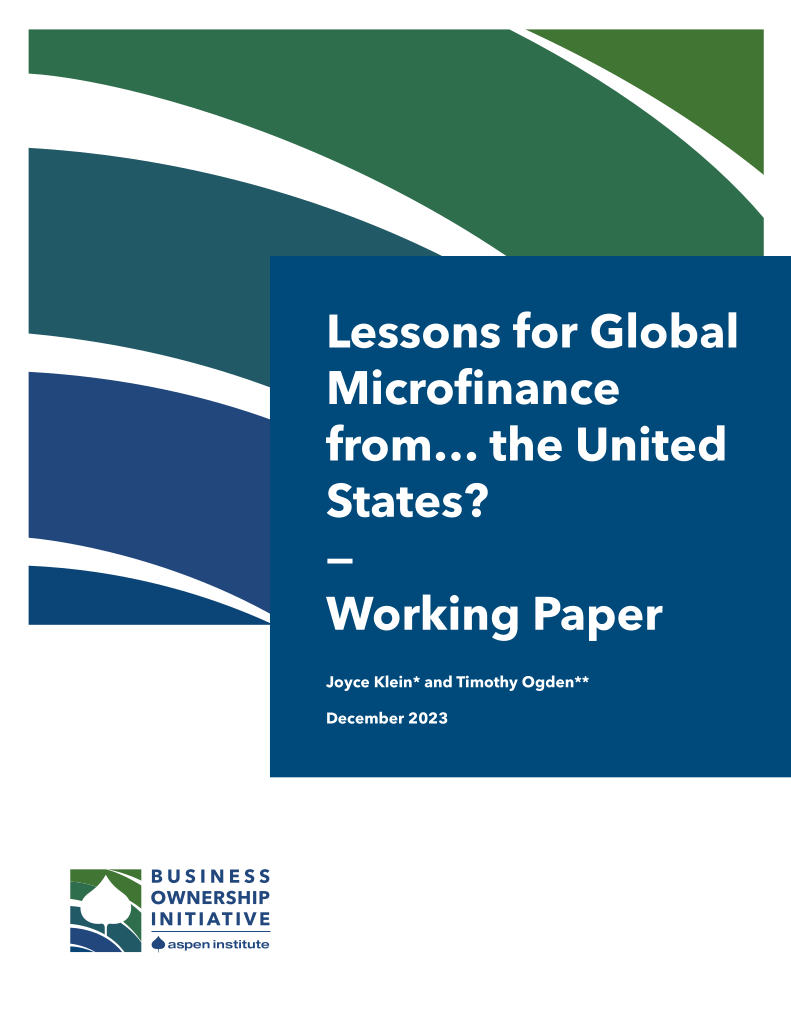The working poor struggle to make ends meet leaving little, if anything, for household savings. At least one fourth of US households are underbanked. That is close to 60 million individuals who rely on inadequate and often predatory services for their personal and business finances.
Fortunately, thous ands of college students hunger for a substantive way to make a difference in their communities. Today over 70 percent of “Millennials” define a successful career by how meaningful their work is. They want to be part of something that calls not only for manual labor, but for intelligence and analytic ability as well. They want to lead a movement in which profitability and social responsibility go hand‐in hand. College students are stepping-up to deliver financial services to America’s underbanked, which is why the Campus Microfinance Alliance created Lend for America, a program for student leaders to create new US microfinance organizations.
ands of college students hunger for a substantive way to make a difference in their communities. Today over 70 percent of “Millennials” define a successful career by how meaningful their work is. They want to be part of something that calls not only for manual labor, but for intelligence and analytic ability as well. They want to lead a movement in which profitability and social responsibility go hand‐in hand. College students are stepping-up to deliver financial services to America’s underbanked, which is why the Campus Microfinance Alliance created Lend for America, a program for student leaders to create new US microfinance organizations.
Six university students from across the United States were selected among hundreds of applicants to join Lend for America, a competitive program hosted in partnership with FIELD (Fund for Innovation, Effectiveness, Learning and Dissemination) at the Aspen Institute for extraordinary young leaders interested in microfinance. Students were selected based on their demonstrated commitment to community development and leadership experiences. After spending an intensive summer working hands-on with other student microfinance organizations, interns return to campus to launch their own programs that will serve underserved individuals in the communities outside their universities.
The six students include:
Haley Burns, class of 2015 from Tulane University;
Sripriya Navalpakam, class of 2015 from University of Michigan;
Grace Williams, class of 2013 from Millsaps College;
Jasmine Segall, class of 2013 from University of California, Berkeley;
Peter Woo, class of 2014 from the University of Notre Dame;
Lucas Hernandez, class of 2013 from Rollins College
Students have been placed in pairs with three leading campus microfinance organizations: The Intersect Fund in New Brunswick, NJ that connects micro-entrepreneurs with access to capital and training; The Capital Good Fund in Providence, RI, which offers financial capability coaching and small loans for underserved community members; and, the Community Empowerment Fund in Chapel Hill, NC that brings a relationship-based approach to financial services for the homeless and near-homeless communities.
In addition to the summer internship, students will receive ongoing support from Campus Microfinance Alliance (CMA) to start a new campus microfinance organization. Since 2001, college students across the country have led the development of microfinance institutions to spur economic development in their campus communities. There are currently 12 members of CMA a collaborative effort started in 2009 to support the growth of the student-led microfinance movement. The FIELD program at the Aspen Institute has researched and worked with student-run microenterprise organizations since the start of the Alliance in 2009. You can read about their work in this area here.

